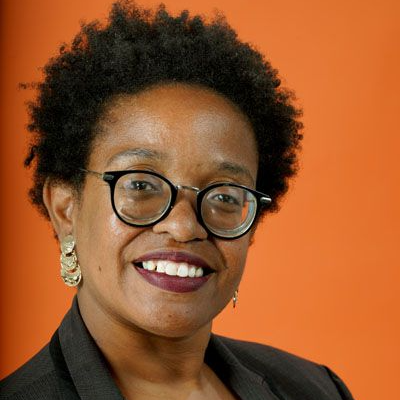A few weeks ago, I was working from home, conducting an interview for this column from my couch as my exterminator waged yet another battle in the never-ending war against critters that pay no rent. He asked what I was working on.
“I’m writing about the pros and cons of homeownership,” I answered.
“It’s overrated,” he said, shrugging, and went back to spraying.
Past generations were led to believe that buying a home was the ultimate sign of adulthood — a step toward financial, social and personal permanence in a space you control, unlike being a renter.
“You’re late on the rent, they’re kicking you out,” said my friend Darry Banks of Baltimore County. “Owning a home is freedom. No one is saying you can’t do this, or you can’t do that. Your rent can go up however they want, you have to abide by the rules of the apartment. You may get a bigger space for the same amount [that you pay in rent], and there’s everything you get back in equity.”
With home prices and interest rates high alongside economic and political uncertainty, though, that line of thinking is shakier. As Gen Z heads tentatively into homeownership, it can seem like an impossible amount of money to invest on a purchase that doesn’t bring the stability it used to promise.
Read More
Even Banks, who bought his first home in his 20s and is now, at 35, in the contracting and construction space, thinks that “buying a house doesn’t seem like a good business deal right now.” It’s a view shared by experts, too. As New York Times reporter David Leonhardt told PBS in 2024, “The economics of renting have not looked this good in a long time.”
I have both rented and owned, and generally, I like owning better because you can paint, update and construct the way you want and no one can tell you otherwise. The thing is that everything falls on you, especially if things keep falling off your house. Since New Year’s Eve, I have spent more than $50,000 on a new hot water heater and furnace, the cleanup after a frozen pipe burst in the basement when the hot water heater was busted, chimney work, an entirely new air conditioning system and the shoring-up of the front brick wall of my house.
Fun times! We’re now safe and air-conditioned, and I was able to work out the costs, but man, is that a lot of money! As the homeowner, that’s all on my dime: I’m my own landlord. And right around the time there was a giant sludge pit in my crawlspace as a result of the burst pipe, I sighed nostalgically over the time when it would have been someone else’s problem. Then again, I have had past landlords who dragged their feet over repairs both simple and scary. I’m positive if I was faced with the quick succession of emergencies that our current home has under one of those landlords, we’d be hot and sweaty in a house that’s falling down — or worse.
Then again, “if you’re renting an apartment you don’t have to fix something that breaks. It’s all on them,” said Banks, who at least is skilled enough to do his own repairs. “There are moments where I don’t want to do anything, where I wish I could just call somebody and wait until someone shows up to fix it.”
Jillian Emery, who has family in Maryland, is much less conflicted about enjoying homeownership. The only thing she doesn’t like about it? “HOAs. Period.” Her parents rented for most of her childhood, and she mostly didn’t enjoy it. But since her husband, Thomas, was in the military, “I actually never thought I’d be able to buy a house until my spouse broke down all the numbers for me,” she wrote in an email.
They bought their first two homes when prices were high and interest rates were low, but just bought their third and “hopefully last” home now that they’re no longer active duty.
“Other military families our age-ish don’t buy because of how often they have to move,” she wrote. “It worked for us because we collected that equity, sold higher than we bought, paid off some debt, and then moved forward and did it again.”
Even with the uncertain economy, Newsweek reported last month that Gen Z “now accounts for one in four loans issued to first-time home buyers.” The days of $60,000 homes, like my first in York, Pennsylvania, purchased when I was 28, are long gone, at least not anywhere you’d like to live.
But I hope these young people discover the highs of having your own place, like when I hosted my first big family Thanksgiving. What a beautiful memory — and one that kept me warm the very next day when the pipes under my sink burst.





Comments
Welcome to The Banner's subscriber-only commenting community. Please review our community guidelines.